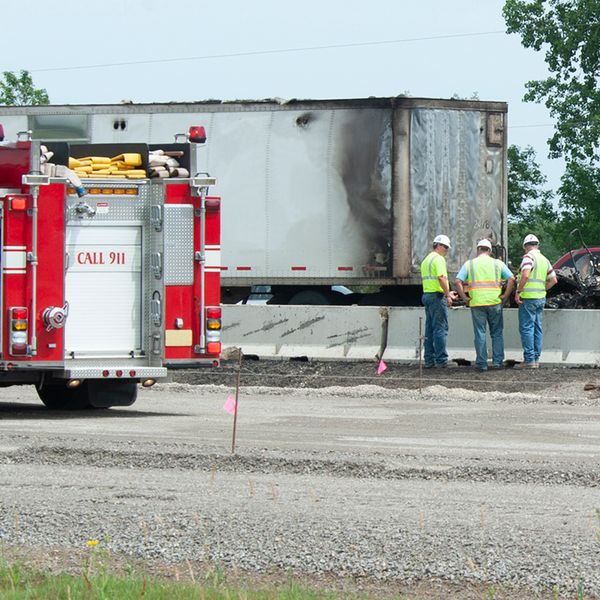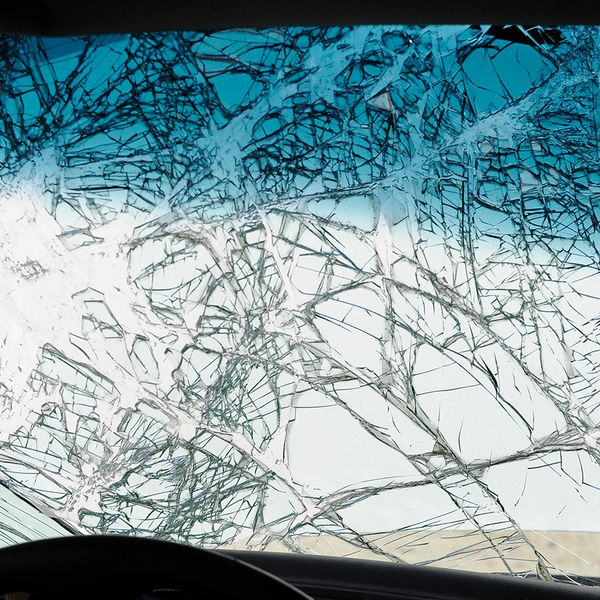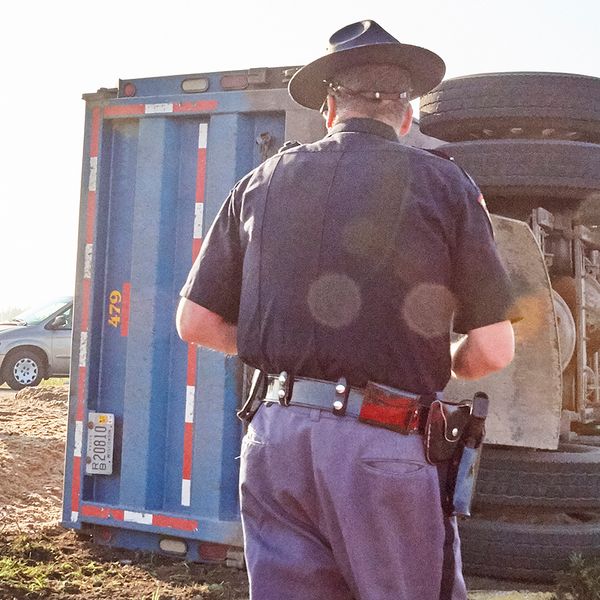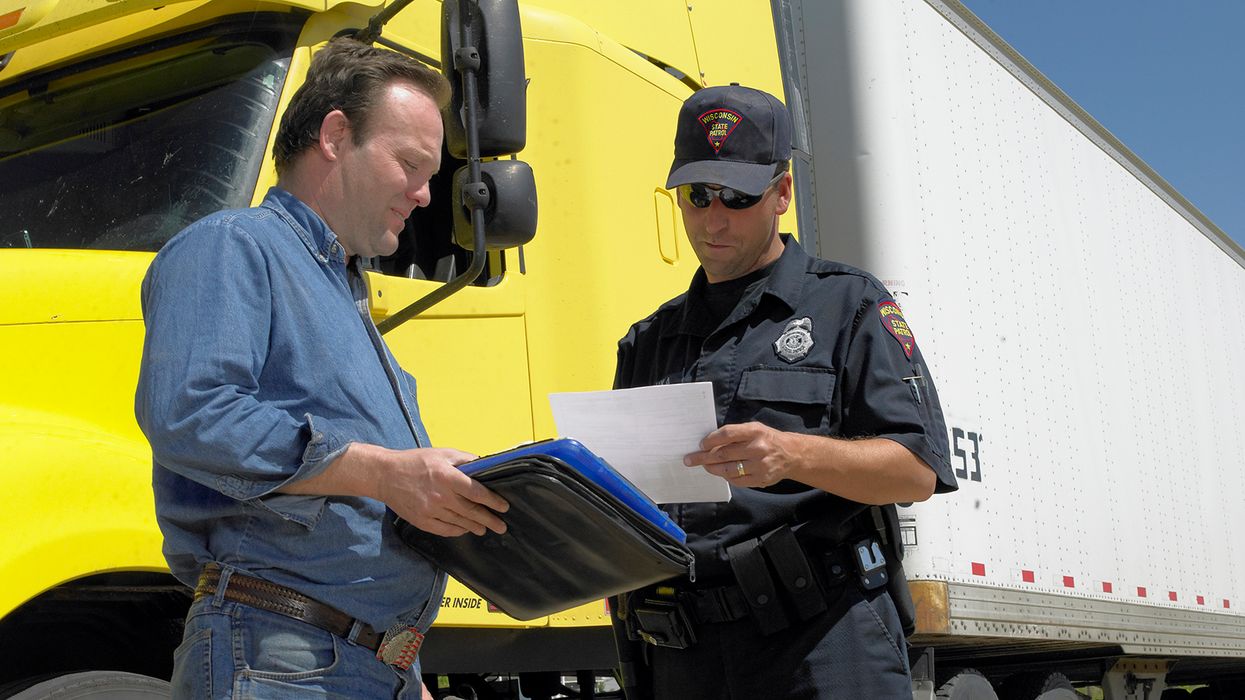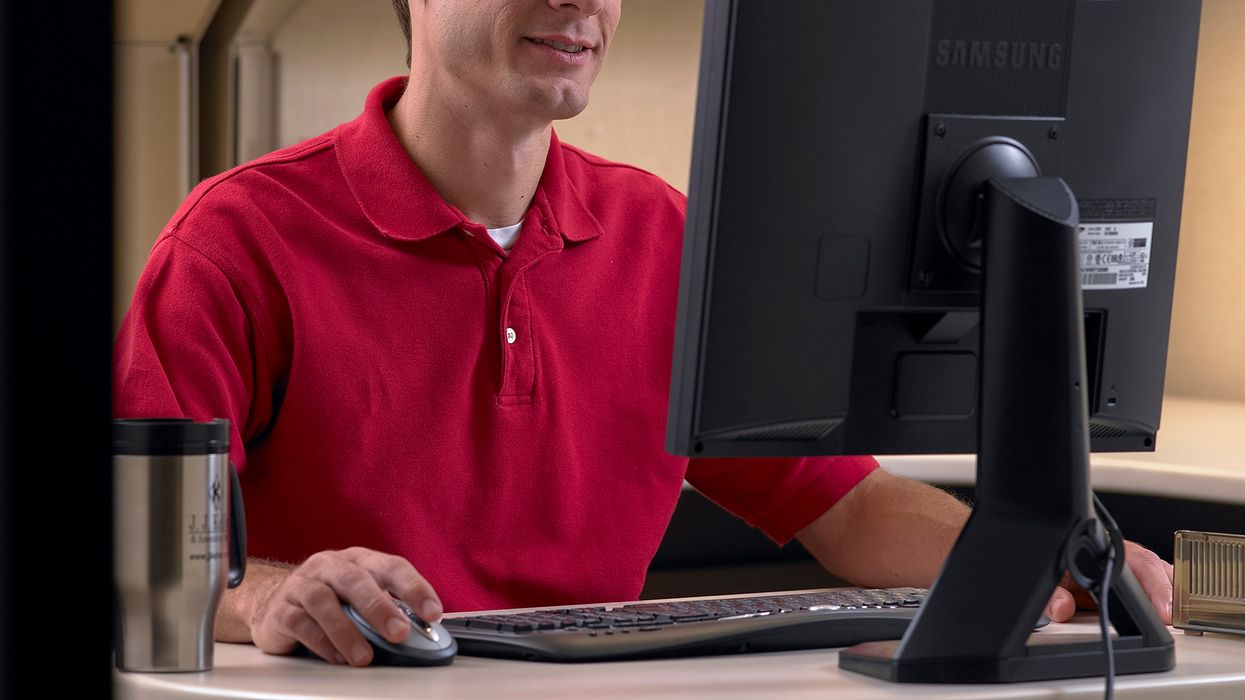Preserve crash records to avoid spoliation
If there is a reasonable chance of litigation, maintain a detailed accident file to avoid a spoliation charge.
Spoliation is a legal concept meaning the intentional destruction of a document or an alteration of it that destroys its value as evidence.
Telling the court that you destroyed a record because FMCSA said you no longer needed to keep it is not a defense against spoliation claims.
FMCSA accident recordkeeping
The Federal Motor Carrier Safety Administration (FMCSA) does not have specific requirements stating that a carrier must preserve special records related to the company, driver, or vehicle after a crash. To comply with the regulations, the carrier must: Enter the crash into the company’s accident register, Retain copies of the police accident report and any required insurance filings (see 390.15), and Retain specific records for the periods required in the regulations.
Be consistent and prepared
Even though a carrier may not be required to keep records, it is always best practice to maintain detailed accident files. If there is a chance of litigation due to the crash, the court system will expect preserved copies of the records related to the company, the driver, the driver’s current and most recent assignments, and the vehicle. At a minimum, you would be expected to copy and preserve:
- The company’s insurance policy as it existed the day of the crash,
- The driver’s qualification file as it existed the day of the crash,
- The company’s driver manual in use at the time of the accident,
- The driver’s logs for the day of the crash and the prior 30 days,
- The vehicle’s maintenance file as it existed the day of the crash,
- The data on the vehicle’s engine control module (ECM),
- The video from any on-board dash cameras,
- Any post-crash inspection and repair records, and
- The driver’s dispatch records for the previous 30 days.
Retain counsel
Since there may be dire consequences if records are not retained, consider retaining an attorney that specializes in motor carrier defense if there is a chance of litigation. An attorney will provide guidance on what needs to be preserved and, in many cases, will retain records and control what other parties receive. Your attorney will allow the appropriate parties an opportunity to inspect the evidence which will reduce the risk of a spoliation allegation.
Collaborate with Risk Management
Safety and Risk Management Departments should be on the same page during significant accidents. Safety and risk professionals understand what should be preserved, and they will work quickly to identify all potential evidence that falls within the scope of litigation. Consistency is critical when managing accident records, so ensure that everyone on the team is trained on the importance of data integrity.




